Renowned stars air concerns, share solutions
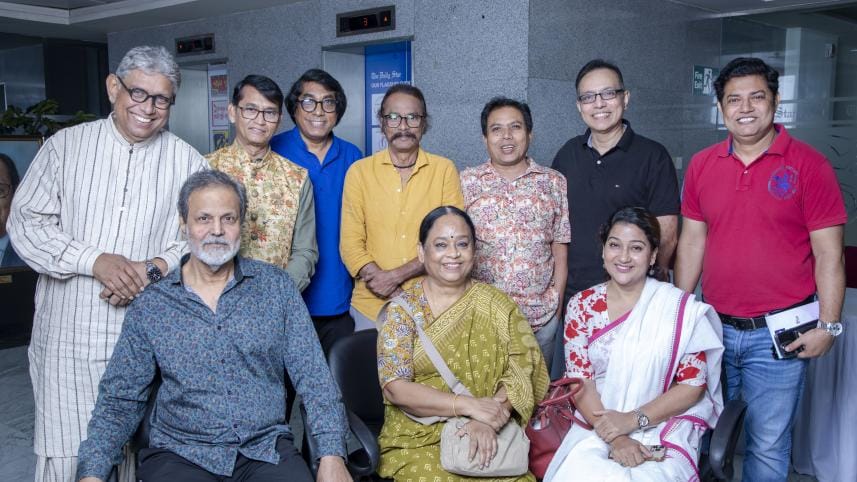
Once the pride of Bangladeshi entertainment, the television industry gave audiences timeless classics like "Kothao Keu Nei" and "Aaj Robibar". At the time, BTV was the sole window into a world of stories that shaped generations. As private channels emerged, the number of television dramas soared, but their quality began to falter. Today, the industry finds itself struggling to restore its lost glory and stability.
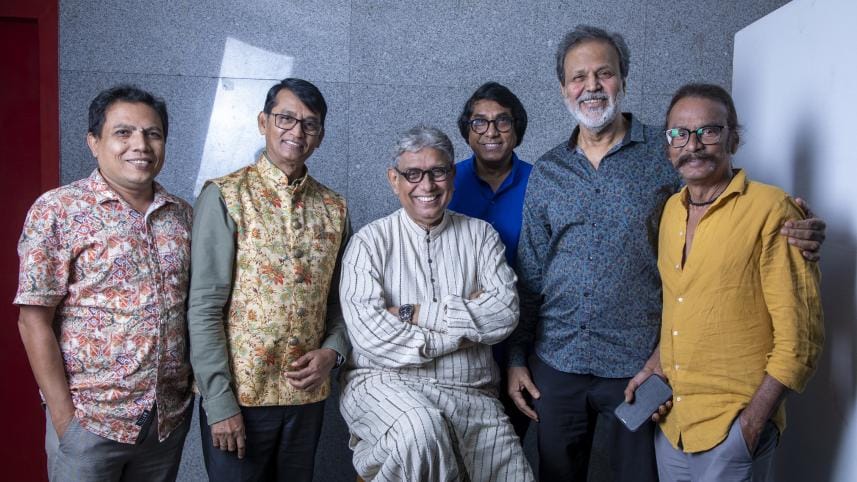
In an effort to address this growing concern, The Daily Star brought together some of the most respected names in the field — Afzal Hossain, Tariq Anam Khan, Azad Abul Kalam, Wahida Mollick Jolly, Azizul Hakim, Salahuddin Lavlu, Masum Reza, Rased Mamun Apu, Deepa Khandakar, Ahsan Habib Nasim, Zahid Hossain Shovon, Tonima Hamid, and Aranyo Anawer, for an in-depth roundtable discussion. Moderated by entertainment journalist Shah Alam Shazu, the session explored the pressing crises facing the television industry and the collective search for solutions to revive its golden era.

At the event, all eyes turned to the incomparable Afzal Hossain to open the discussion. However, the celebrated artiste humbly chose to listen to others first before sharing his own thoughts.
The legendary Tariq Anam Khan, who remains an active presence on television, spoke candidly about how over-commercialisation has compromised the industry's artistic value.
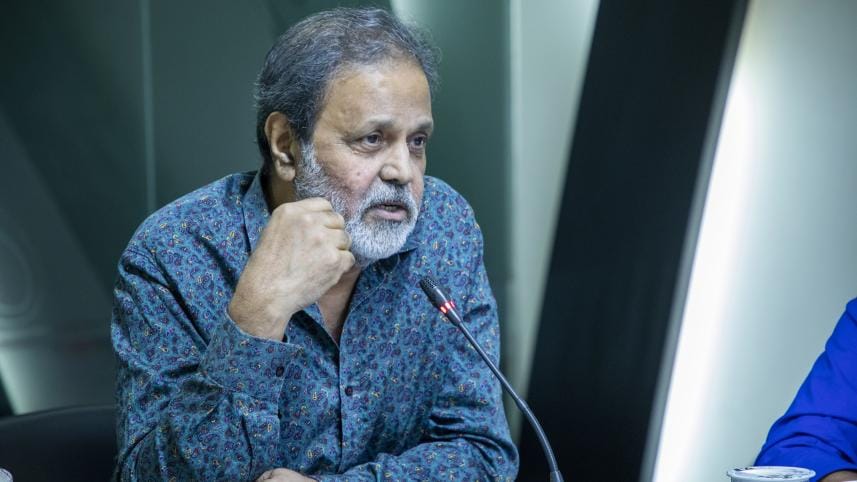
"Imagine you're watching a comedy serial, and suddenly a scroll about an accident flashes across the screen, or multiple pop-up ads appear between scenes. Would you still enjoy watching that series after so many interruptions? I don't think so. The television industry has become completely dominated by commercials. Audiences pay a lot of money to watch these channels — so why aren't they getting quality content? The crisis we're facing today has been building for years. Just look at BTV's YouTube channel — it has millions of views. So why is there such a disparity?," said the actor.

Salahuddin Lavlu, known for creating evergreen dramas like "Vober Hat" and "Ronger Manush", reflected on the impact of YouTube and the growing pay gap among artistes.
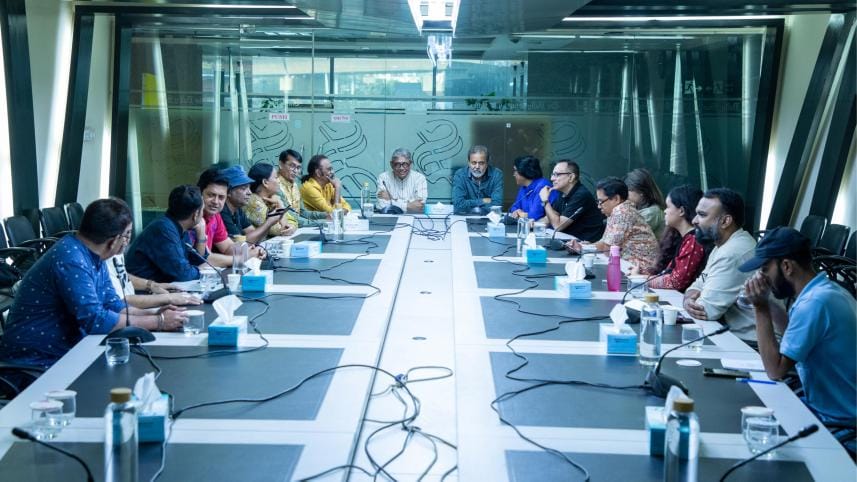
"Nowadays, YouTube and social media have become far more influential than television. Private channels no longer focus on quality content. Most of them are owned by big business groups who use TV as a tool for their own interests. Back in 2016, when we were still young directors working with passionate artistes, channels like ETV and NTV allowed us to tell our own stories. But everything changed when YouTube arrived. Families no longer gather around the TV in many homes; it's barely turned on," stated the director.
"The discipline that once defined this industry is gone. Take the per-day payment system, for example. One artiste charges three lakh taka per day, while another earns only fifteen to twenty thousand. This wage gap affects not only the drama's budget but also the livelihoods of co-artistes, playwrights, and crew members. Earlier, we had strong federations and associations that worked collectively to support everyone. Now, people have become so self-centred that the spirit of solidarity has disappeared," added Lavlu.

Noted playwright Masum Reza, who has penned acclaimed dramas like "Ronger Manush" and "Vober Hat", shed light on one of the core issues plaguing the television industry.
"The biggest problem, in my opinion, is that we don't have a peer group strong enough to pressure channels into listening to our collective voice. Remember the Writers Guild of America strike in 2023? They stood united and successfully secured their demands. If every association's playwrights, directors, and producers agreed that no drama featuring an artiste outside these associations would be aired, the industry would have to take us seriously. We need a unified pressure group for this industry to survive."
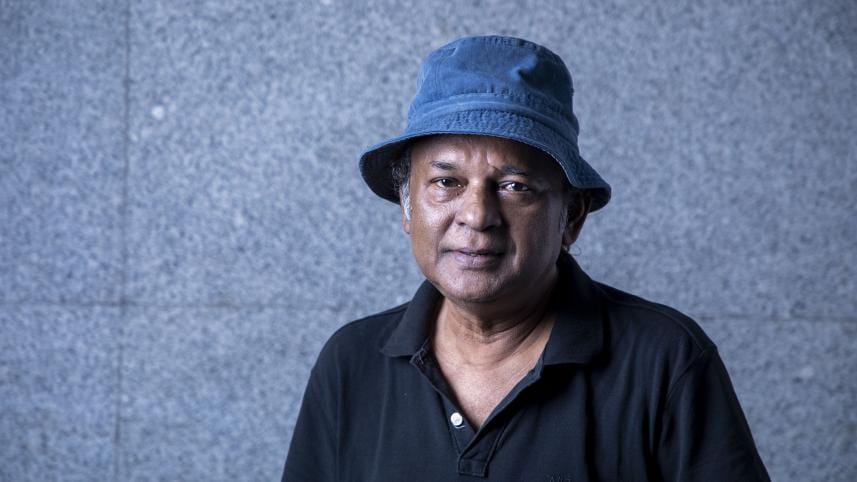
Renowned artiste and President of Actors' Equity Bangladesh, Azad Abul Kalam, stressed the importance of self-reflection within the industry.
"Audiences today are exposed to content from across the world, while the quality of our television productions continues to fall. Why do you think YouTube is thriving? It offers diverse content tailored to specific audiences, even catering to expatriates in the Middle East. We often talk about globalisation and the market economy, but when it comes to creating content, we're still stuck in the past. The only way out of this crisis is through collective effort. We're here having this roundtable discussion, but where are the stakeholders of YouTube and television channels? We should have included artistes who are earning massive paychecks — only then could we have found real solutions."

Rashed Mamun Apu, General Secretary of Actors' Equity, reflected on the industry's lack of reciprocity and internal accountability.
"As artistes, we've taken so much from this industry but given back very little — and that's why this void exists today. Many less skilled individuals have entered the field because we failed to prioritise true talent. BTV once gave us remarkable dramas — perhaps around 150 of them — but other channels have produced countless works that are now forgotten. Television itself bears responsibility for its decline. We need to bring young artistes and YouTube creators to the same table, to listen to voices like Afzal Hossain, Tariq Anam Khan, Masum Reza, and Salahuddin Lavlu. Right now, everything depends on the political and social atmosphere of our country — if people are struggling, they won't have the heart to watch our content."
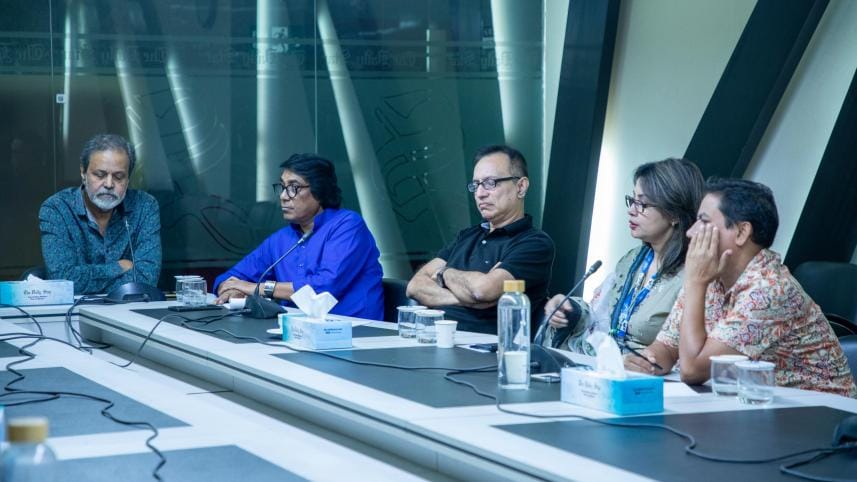
Veteran actor Azizul Hakim, who worked in television and continues to explore grey characters in OTT, spoke about the growing commercialisation that has overtaken TV channels.

"In the past, channels had an unspoken commitment to highlight quality dramas. They used to prioritise them in prime-time slots. But now, television dramas have become mere commodities. When investors entered the scene, their main concern became profit — ensuring a return on their investment. As a result, meaningful content began to disappear, replaced by shows built around big names. Meanwhile, OTT is producing high-quality work that's rarely seen on television anymore. If we can acknowledge this problem and work toward solutions, we may still be able to turn things around."

Wahida Mollick Jolly emphasised the urgent need to unify the television and OTT sectors under a shared framework.
"Our television industry lacks discipline. We keep blaming YouTube and claiming that everything has become view-based, but if we had maintained proper structure and unity under a single umbrella, we could have easily avoided this crisis. I also find it deeply concerning that many young actors entering the industry today have no knowledge of the veterans who built this medium. The media has a vital role to play in highlighting the achievements and contributions of these artistes, both those still active and those who created timeless masterpieces."
Finally, Afzal Hossain concluded the roundtable discussion with a thoughtful reflection on the industry's evolution and the path forward.
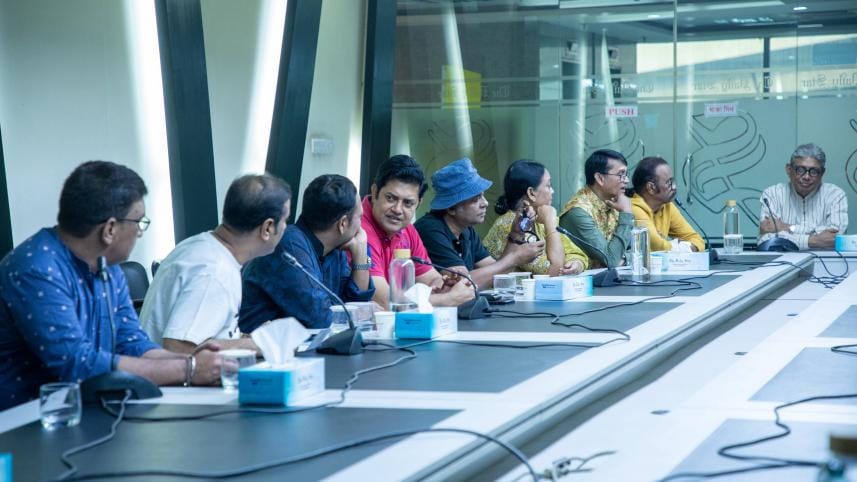
"I'm truly grateful to The Daily Star for arranging such a meaningful discussion. Just like in life, good and bad coexist: there have always been good dramas and weak ones. The difference is that before, we had ten to fifteen good dramas and only a few that were average. Now, it's the other way around — only two or three stand out among many ordinary ones. Television is a medium that makes people laugh, cry, and smile together. When actors become stereotyped, it affects the entire industry. For example, if Jaya Ahsan and Shakib Khan hadn't ventured into Tollywood, much of their potential would have remained undiscovered. We must create space for young talents to explore their full abilities, because I believe our audiences are still eager for quality storytelling. If we can deliver that, this crisis can absolutely be overcome."




 For all latest news, follow The Daily Star's Google News channel.
For all latest news, follow The Daily Star's Google News channel. 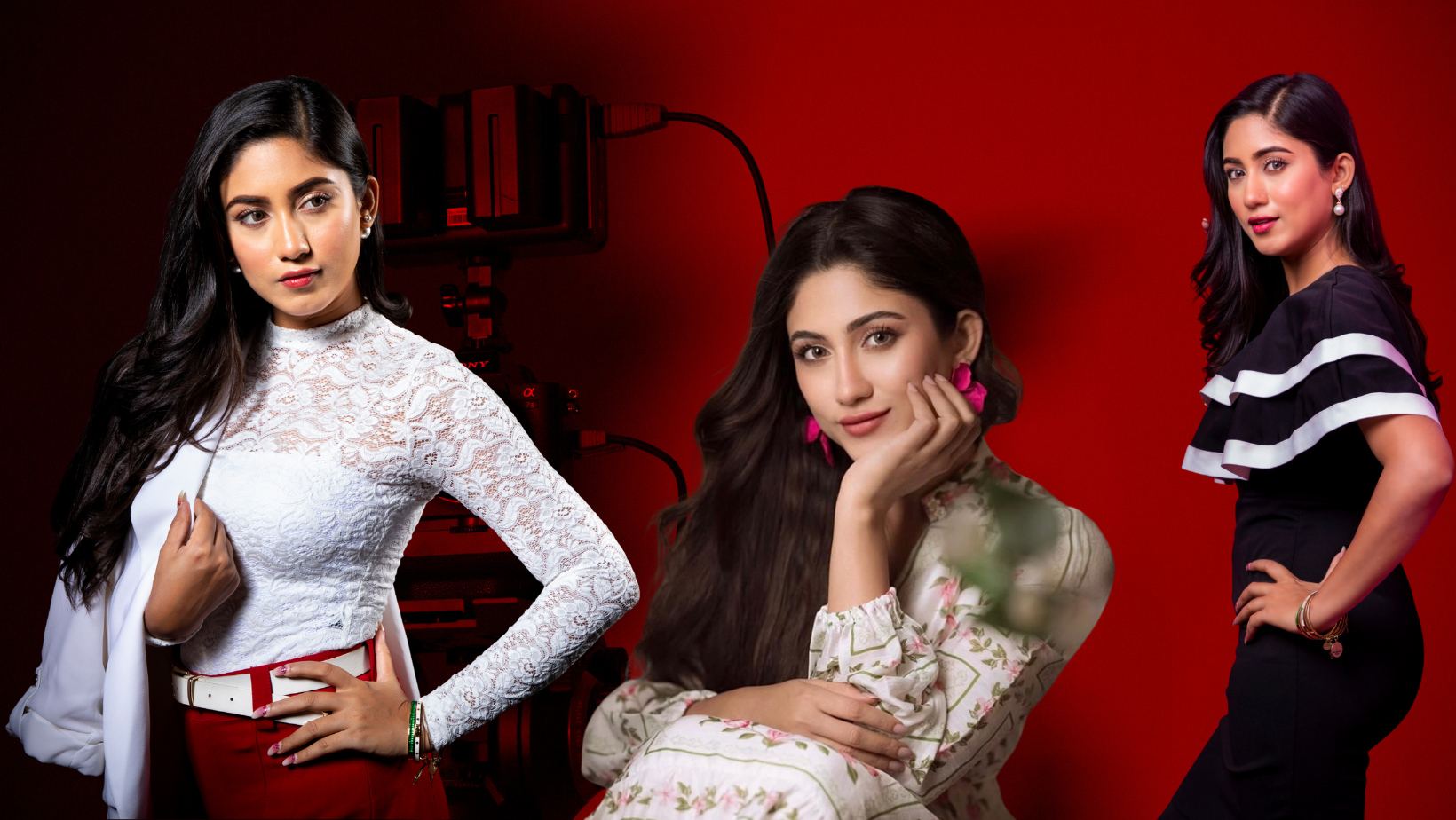
Comments